
https://ebookmass.com/product/the-mistress-of-bhatia-house-



https://ebookmass.com/product/the-mistress-of-bhatia-house-

https://ebookmass.com/product/easy-pickins-galloway-marcus/
ebookmass.com
Comedy in Crises Chrisoula Lionis
https://ebookmass.com/product/comedy-in-crises-chrisoula-lionis/
ebookmass.com
Elusive Surrender: A Dark Mafia Romance (Sinful Duets Book 3) Via Mari
https://ebookmass.com/product/elusive-surrender-a-dark-mafia-romancesinful-duets-book-3-via-mari/
ebookmass.com
Navidi, W: ISE Elementary Statistics 4TH Edition Edition William Navidi
https://ebookmass.com/product/navidi-w-ise-elementary-statistics-4thedition-edition-william-navidi/
ebookmass.com
Culturally Responsive Conversations Marina Minhwa Lee
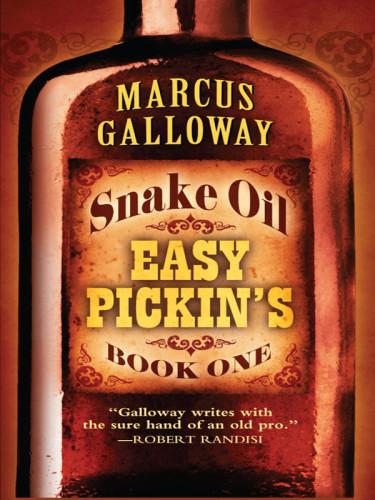
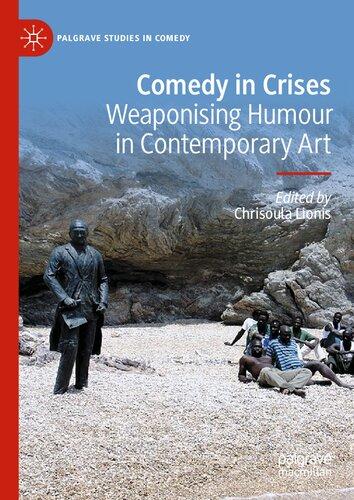

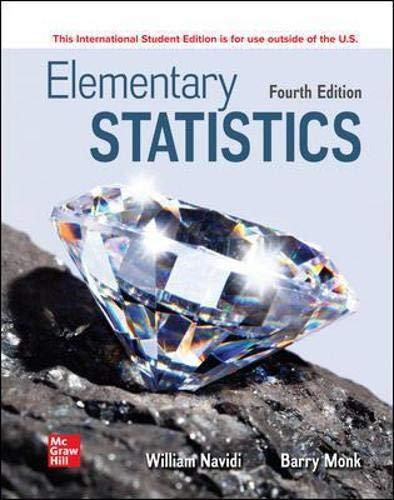
https://ebookmass.com/product/culturally-responsive-conversationsmarina-minhwa-lee/
ebookmass.com


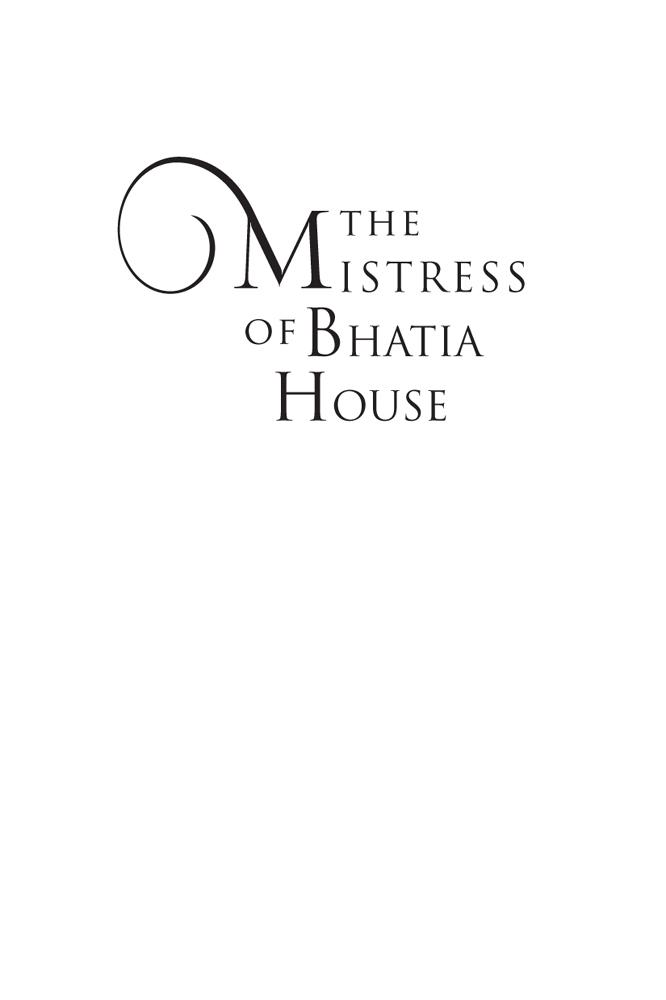
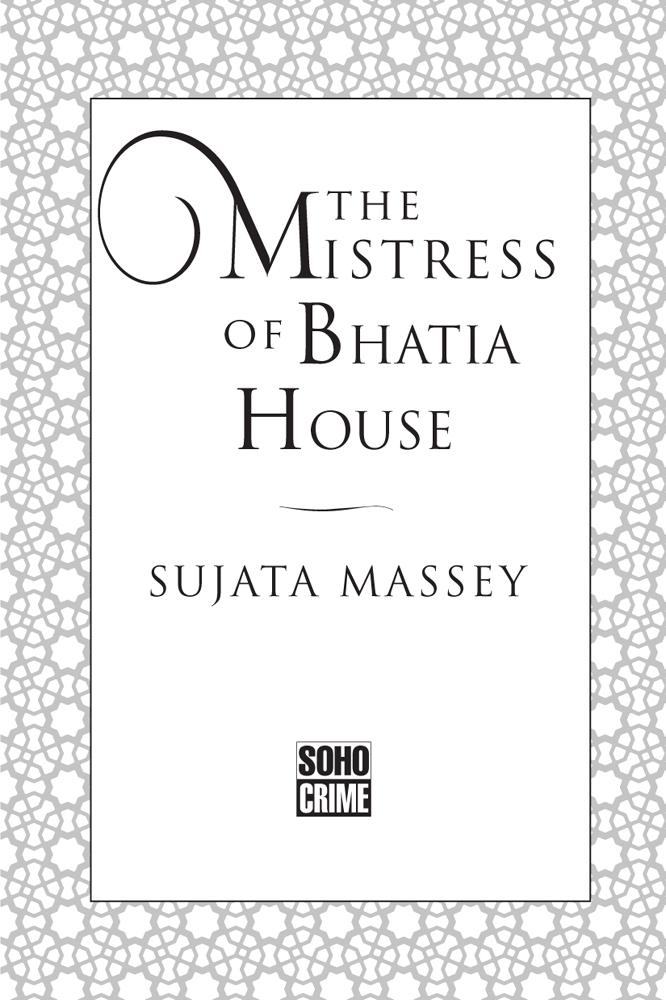
Copyright © 2023 by Sujata Massey
This is a work of fiction. The characters, dialogue, and incidents depicted are a product of the author’s imagination. Any resemblance to actual events or persons, living or dead, is entirely coincidental.
Published by Soho Press, Inc
227 W 17th Street
New York, NY 10011
Library of Congress Cataloging-in-Publication Data
Names: Massey, Sujata, author.
Title: The mistress of Bhatia House / Sujata Massey
Description: New York, NY : Soho Crime, [2023]
Series: A Perveen Mistry novel ; 4 | Identifiers: LCCN 2022060492
ISBN 978-1-64129-329-7
eISBN 978-1-64129-330-3
Subjects: LCGFT: Detective and mystery fiction | Novels Classification: LCC PS3563 A79965 M57 2023
DDC 813’.54—dc23/eng/20230106
LC record available at https://lccn.loc.gov/2022060492
Map illustration © Philip Schwartzberg Interior design by Janine Agro, Soho Press, Inc
Printed in the United States of America 10 9 8 7 6 5 4 3 2 1
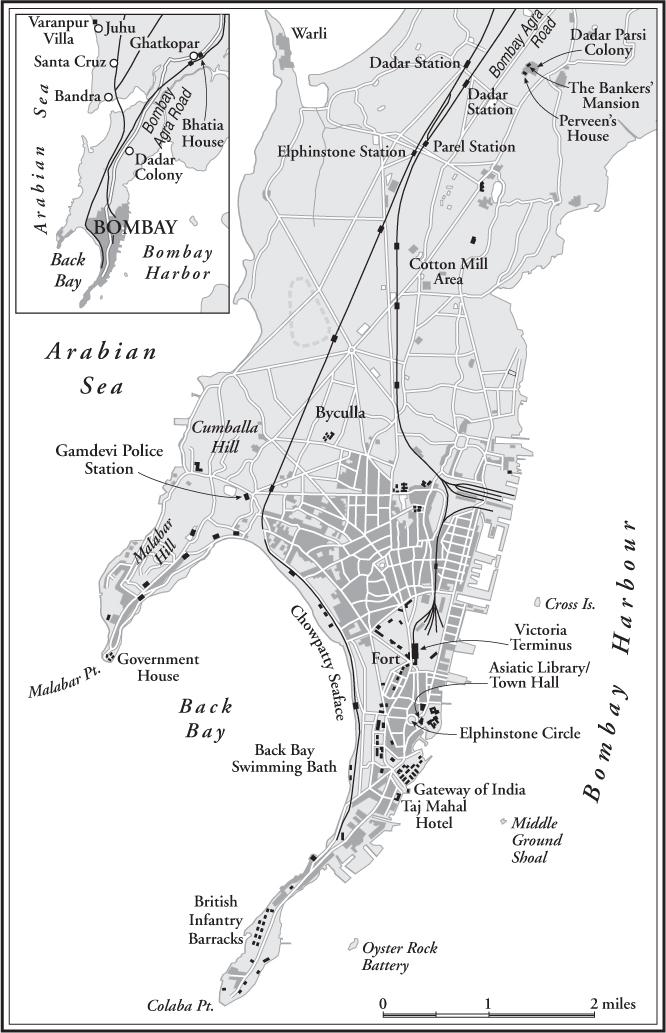

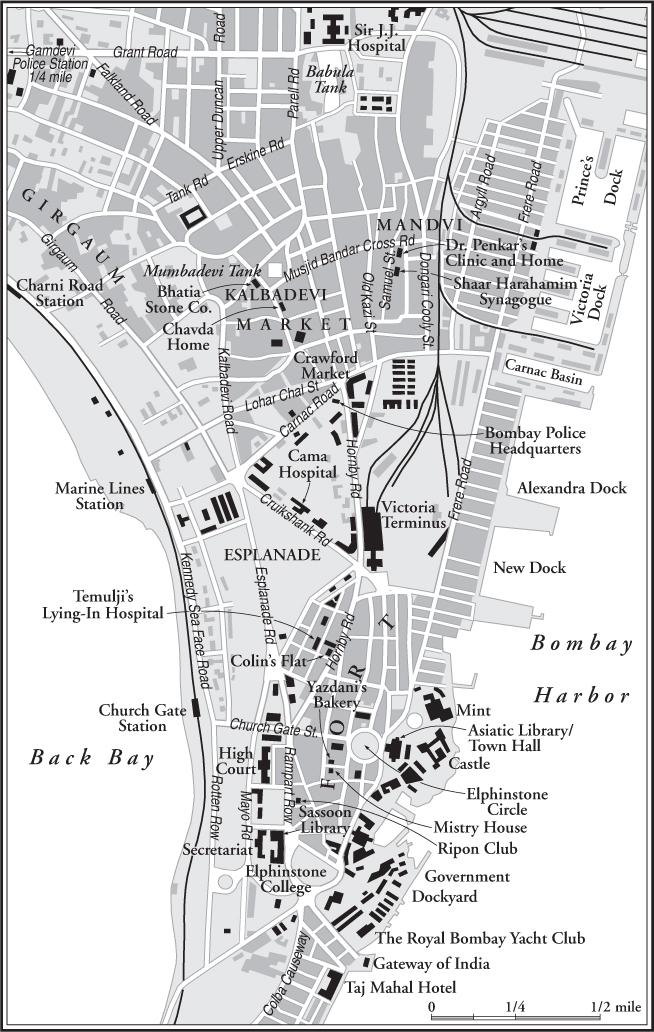

THURSDAY, JUNE 1, 1922
Sisters will fight.
It’s true whether they are raised together or meet as sisters-in-law in a joint family household. Sisters fight for the better sari, for the chance to do the shopping, for the spot as the parents’ favorite. Such rivalry, followed by reconciliation, is as natural as the way summer’s punishing heat is chased off by monsoon.
For Oshadi, it was easier to think about the weather. Even in pastoral Ghatkopar, ten miles north of Bombay, the air felt blisteringly humid. The rain was only a few weeks away—it was a shame the party couldn’t have waited for the first few days of monsoon, when drops danced lightly. Such a change in weather could have brought forward some harmony between Uma and Mangala Bhatia.
As Oshadi slowly proceeded toward Bhatia House, she waved her walking stick at the wild dogs that congregated on the property across the street, waiting for the daily feeding that the rich Jain family provided. Oshadi wouldn’t let the dogs wander near Bhatia House; she had worked there longer than anyone and knew what it meant to protect.
When Sir Dwarkanath’s wife had died ten years earlier, Uma, the senior daughter-in-law, had promoted Oshadi to housemistress over all six female servants at Bhatia House. For this, Oshadi was grateful; but it meant that Uma-bhabhu asked her to do many things that had nothing to do with ordinary service. Today she’d been sent out to walk to the shops in search of extra candles for the many lanterns set out around the courtyard. She’d gone to three shops before finding what was needed.
As Oshadi limped up the gravel driveway, one of the skinny brown dogs edged close, a female with long teats and a whining voice. Again, she brandished her walking stick until the dog shied off, returning to the pack.
Oshadi knew the durwan guarding Bhatia House was afraid of dogs; he ignored their occasional incursions onto the property. And tonight, he was busy polishing the booth and decorating it with hibiscus from the garden. All for Uma’s tea party; the guests were already streaming past him in horsedrawn taxis and a few private cars. She could hear the pleased gasps of some women at the sight of the wide, ochre-colored limestone bungalow edged with long verandas on both the upper and ground floors. A series of tiled gables and long-shuttered windows made the house appear even more impressive.
Some of the early arrivals, Gujarati women from nearby, were chattering as they walked behind her.
“My husband wants to donate to the temple only,” one lady murmured to her companion. “Therefore, I’m giving a gold-bangle set.”
“An excellent donation,” her friend opined. “I brought ten rupees.”
“Your husband let you give that much?” The first woman’s voice lowered to a whisper.
“Don’t be silly! I asked my mother.”
As if impatient with Oshadi’s slow pace, the two women bustled past, giggling as they headed for the courtyard in their crackling tissue silk saris.
On the ground floor veranda, Sir Dwarkanath Bhatia and Parvesh, his elder son, stood watching the arrivals.
Oshadi paused at the servants’ door to catch some of the men’s conversation. Uma-bhabhu might need to hear about her father-in-law’s mood.
“And what is all the furniture in the courtyard? So many mattresses, it looks like the guests have come to sleep!” Sir Dwarkanath thundered.
“But over fifty ladies will be here. They must be made comfortable.” Parvesh’s voice was anxious.
“You are saying the ladies need something soft for their bony kullas?” Lord Dwarkanath used the vulgar plural for hindquarters.
Parvesh laughed nervously. “Bapuji, remember so many ladies are close by. They might hear you.”
“All this tamasha for ladies’ work,” Sir Dwarkanath grumbled. “Only for your mother’s sake, I’m doing this.”
“Yes. That is why Uma wants the hospital so much.” Parvesh was playing up to his father—just like everyone else.
Oshadi quickly went inside, wanting to steal a few moments’ rest in the servants’ hall just outside the kitchen. The family had four cooks, all Brahmins. Due to Oshadi’s lower caste, she couldn’t enter the kitchen, but she made a sound so Aaker, one of the junior cooks, came out to see her.
“The small candles for the cake. Pratip must use the others in the lanterns at dusk,” Oshadi said, remembering Uma’s instructions.
Aaker winced. “Mangala-bhabhi says to light everything now. Too many people will be sitting at dusk; it will be more difficult.”
Oshadi did not like the idea of lighting the flames earlier than necessary. They would add to the heat, and the longer they burned, the more chances for something to catch fire. “Did Uma-bhabhu agree?”
“Don’t know.”
Oshadi would soon find out. She asked Aaker to bring her a glass of water. Sinking down on the stool that everyone knew was hers, she drank her fill. Revived, she put the glass near the kitchen door and went out again.
Enough women had arrived that she could not proceed straight into the courtyard but had to line up behind others. The woman ahead of her was an interesting sort: wearing an airy chiffon sari in pale yellow, yet carrying a bulky brown case that looked better suited to a man.
“Good afternoon. Are you Mrs. Bhatia?” the strange lady asked Mangalabhabhi, who was sitting behind a small table at the courtyard entrance.
“I am. If your donation is cash, please count it in front of me.” Mangalabhabhi’s voice was as stern as if she’d been talking to any of the family’s children.
The visiting lady lifted the fold covering the opening of the briefcase—a man’s briefcase, Oshadi noted with fascination. Withdrawing an envelope, she laid it in front of Mangala-bhabhi.
The woman rustled the bills. “Fifty-one rupees. It’s from Gulnaz. She wishes you her very best and was thankful for your recent visit to see her in hospital—”
“I never went. You must be talking about my sister-in-law, Uma.” Mangala’s sallow face showed her displeasure at the confusion. “Please, go ahead inside the courtyard.”
“I beg pardon for the mistake. May I ask your name? I’m Perveen. Perveen Mistry.”
“I’m Mangala Bhatia. The hospital committee’s treasurer.”
“Could you kindly point out Uma to me?” the guest persisted. “I don’t wish to keep making such a fool of myself! As long as it isn’t too much trouble.”
Mangala shook her head. “I must stay taking donations. Go in, and you’ll see that Uma is the one wearing a pink sari.”
As Perveen Mistry moved on, Mangala frowned at Oshadi. “And what are you doing in the middle of these fine people? Trying to make friends—or perhaps pick money from someone’s purse?”
“Uma-bhabhu needs me.” Oshadi spoke simply, knowing no amount of bowing or scraping would please Mangala. The comment about stealing hurt —Mangala knew that Oshadi had served the family forty years and never taken as much as a match for her own use.
“Very well. What Bhabhu says she needs, she must get.”
But not always, Oshadi thought.
“Good afternoon! Are you a new supporter?” She looked Perveen over, clearly noting the legal briefcase, a cousin to Dr. Penkar’s medical kit.
It was a relief to be invited into a group. Smiling warmly, Perveen answered, “My sister-in-law, Gulnaz Mistry, asked me to bring her best wishes. My name is Perveen Mistry.”
“The solicitor?” blurted Dr. Penkar. “I’ve heard tales of you.”
Perveen was pleased by the recognition. “Really? I believe we both were in Oxford—unfortunately, not at the same time.”
“I had to sit my medical boards in Madras because Oxford wouldn’t give me a medical degree.” Dr. Penkar raised her eyebrows heavenward. “Therefore, the question sometimes comes to me, was my overseas education worthwhile? But I believe it’s served you—Gulnaz is always boasting about your brains and accomplishments. You must join the core committee and handle the legal contracts for us.”
“Thank you very much, but I don’t know if I can join the committee at present,” Perveen said hastily. “Truly I am here to bring Gulnaz’s donation.”
“Of course, we understand that your career makes you very busy,” Uma cut in. “But sit next to Dr. Penkar during the tea.”
Perveen guessed the suggestion was meant to encourage her to reconsider. Normally, she would have ignored such a power play. But Miriam Penkar was intriguing, and she wanted to get to know her.
A tall, thin servant lady had appeared at the outskirts of the group, standing with a slightly bent posture. Uma exited the circle and lowered her ear to the woman, who murmured to her in a stream of low, fast Gujarati.
“It’s all right,” Uma said soothingly, and then turned to the ladies. “Oshadi reminded me that everyone should be settling in their places. Do spread the word to the other ladies, please. I will fetch the pandit to offer the blessing before we begin.”
The women began moving toward the two rows of cushions facing the decorated platform in the center of the courtyard. The three British women in their knee-length frocks had considerable difficulty setting themselves on the cushions while not exposing their legs.
“I don’t think they feel pleased about not having chairs,” Miriam said in a low voice to Perveen.
“Are they core committee members?” Perveen asked as a waiter came with a silver tray containing a stack of dhokla squares topped with grated
coconut, coriander, and roasted mustard seeds. Perveen was fond of the steamed savory made from fermented chickpea batter, so she asked for two.
“Actually, I’ve only met Serena Prescott: she’s the tall blonde,” Miriam said. “This tea was planned to recruit new donors. We thought there might be eighty women today, but it doesn’t look so. The Bhatias set a rule that the party was for donors bringing at least ten rupees or donated items of higher value.”
Perveen thought ten rupees was a very high amount, and even more difficult to donate because most women couldn’t take money from their own household for anything other than groceries. Mohandas Gandhi, the freedomactivist lawyer, was frank about inviting women to donate their personal ornaments to support the freedom movement. And so it was here.
“This dhokla is excellent,” Dr. Penkar said. “And I see waiters carrying trays full of aloo tikki and gulab jamun. But where is the tea?”
High-pitched shouting distracted Perveen from answering. A herd of well-dressed but rambunctious children had streamed into the courtyard with three ayahs chasing behind them, herding them like goats. A boy of about four veered away, as if drawn to the sight of Uma lighting incense at the central platform. As he tugged on her sari, she swatted at him. He shouted something that must have been impertinent, because she raised a hand, and he dashed back to the group of children.
In the next moment, Mangala arrived at the platform, holding a tray of flowers and fruit. Just behind her, Oshadi was placing small candles atop a splendid multilayer cake.
Did these ostensibly devout Hindus eat eggs?
“Have you met Sir Dwarkanath and Parvesh Bhatia?” Miriam interrupted Perveen’s musing as she gestured toward a pair of men wearing formal Indian suits who had come into the courtyard. Both had strong chins and deep-set eyes. However, the older man’s eyes seemed narrow with suspicion, while the younger man’s gaze was open and friendly.
“Sir Dwarkanath might be overwhelmed by so many ladies, but his son looks as if he’s excited. He must like parties,” she guessed.
After studying the two, Miriam said, “I think that Parvesh is also feeling proud of his wife. He supports the project fully.”
Perveen wondered whether Miriam felt the same about Sir Dwarkanath, one of the most admired Gujarati businessmen in the city. The gentleman’s
eyes seemed to soften as he turned his attention toward the little boy who’d been pestering Uma. Now the boy was back with the other children, tugging at their clothes and running back and forth. “What a lively little boy. Who is he?”
“Ishan is Uma and Parvesh’s only son,” Miriam said, beckoning to a waiter carrying a teapot. “And due to Parvesh’s status as Sir Dwarkanath’s elder son, Ishan will inherit Bhatia House and the stone business.”
“A crown prince of sorts?” Perveen wondered if the other children in the joint family already understood.
“Yes. Uma and Parvesh have two daughters who are older than him, and one about six months old.”
“I still think it’s a lot to manage, as well as a household like this, and a big charity project!”
“Four children from his eldest son is paltry, as far as Sir Dwarkanath is concerned,” Miriam said with a grimace. “Mangala has six children, three of them sons, as she likes to remind everyone on the committee.”
“She sounds competitive.” Perveen had been close with Gulnaz since primary school. Since they’d become sisters-in-law, their friendship wasn’t as silly and full of confidences, probably because Gulnaz’s most important relationship was now with Rustom Mistry. “What do you consider the ideal number of children for a family?”
Miriam took a sip of tea before answering. “There’s no perfect number. My larger worry is that when girls begin childbearing during puberty, they damage their bodies irreparably. Lady Bhatia—Uma’s deceased mother-inlaw—suffered pain and infection over the course of many childbirths and ultimately succumbed to her internal injuries,” she added. “And there is far too much death for infants in this city—more than half of them die within the first year of life. The outcomes are not good at all.”
“What are the causes of death?”
“Tuberculosis, dysentery, cholera, and malnutrition. And they arrive into our world with a physical weakness that stems from growing inside the belly of a child-mother.”
“What about death from infanticide? Do you believe that’s also part of high infant mortality?” Perveen asked, thinking about some cases in the police court.
Begum Cora. I should like to note that the begum has also donated the Black Forest cake for this party. It is an authentic European cake.”
Perveen guessed the last was said as a warning to those who avoided eggs. She turned her head, looking for a veiled Muslim royal, and nearly gasped to see a young white woman with flowing red hair left uncovered by her silver-on-blue brocaded blue sari.
“It’s my pleasure to help a good cause!” the begum declared in cheerful, rough-sounding English, all the while fluttering her hand and smiling like a queen with an adoring public.
A great murmuring in Gujarati followed; Perveen had to strain to hear the words. But the general questions women were asking each other were, What is she? Muslim or Christian? British—no, Australian!
“Fifty-one rupees from Mrs. Gulnaz Mistry!” Uma called out, and the begum finally reseated herself. “Because of her new baby, Gulnaz-behen could not attend. Yet the donation was brought in good spirits by Miss Perveen Mistry. Please rise!”
It took two tries for Perveen to stand up, because she had witnessed the begum’s easy grace and was desperate not to use her hands to get up from the ground. She managed, though, and became instantly aware she’d set the crowd gossiping.
Gulnaz’s sister-in-law. A lawyeress yes, a solicitor. She is divorced. No, she is not. How much money does she earn? Can she keep it, or does she give it to her father?
As if to quiet the audience, Uma proceeded rapidly with another name. “Next donation is a fine set of six gold bangles from Srimati Radha Shah!” After a brief round of applause, Uma continued. “From Dr. Miriam Penkar . . .” Uma looked up from the envelope and spoke with a trembling voice. “Dear Dr. Penkar, by agreeing to become our hospital’s medical director, you have given so much already. And this . . . ten rupees. It is wonderful. Please, will you give us a few words?”
“This is a surprise,” Miriam Penkar murmured to Perveen.
“You’ll do well,” Perveen said, patting her arm.
The doctor rose, and as she walked toward the stage, two other women left their places: Lady Hobson-Jones and Serena Prescott. Perveen expected that they planned to join the doctor on stage, but instead they furtively hurried to the courtyard exit.